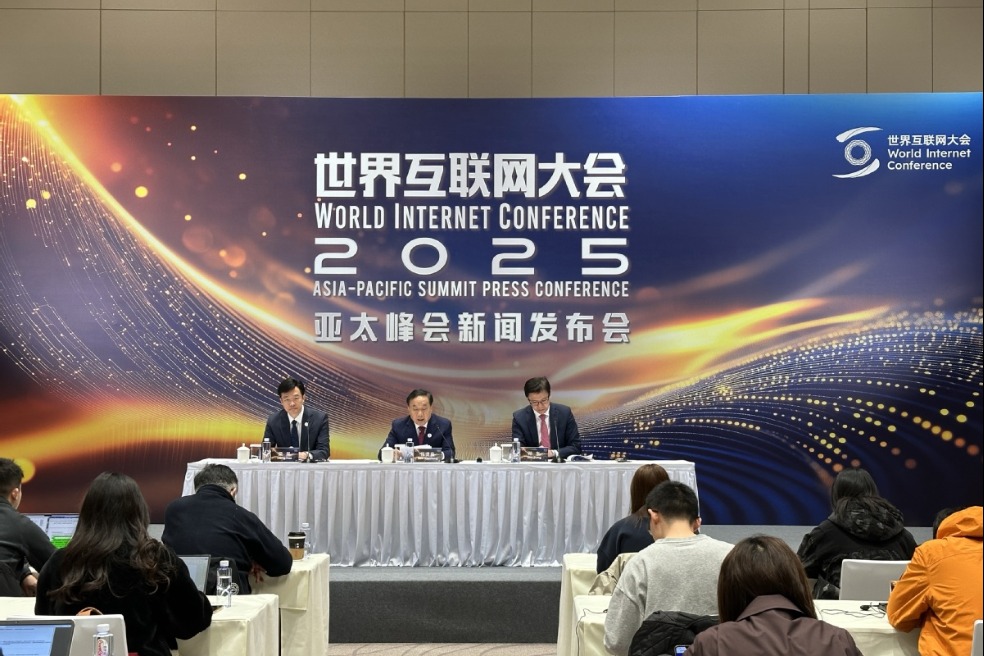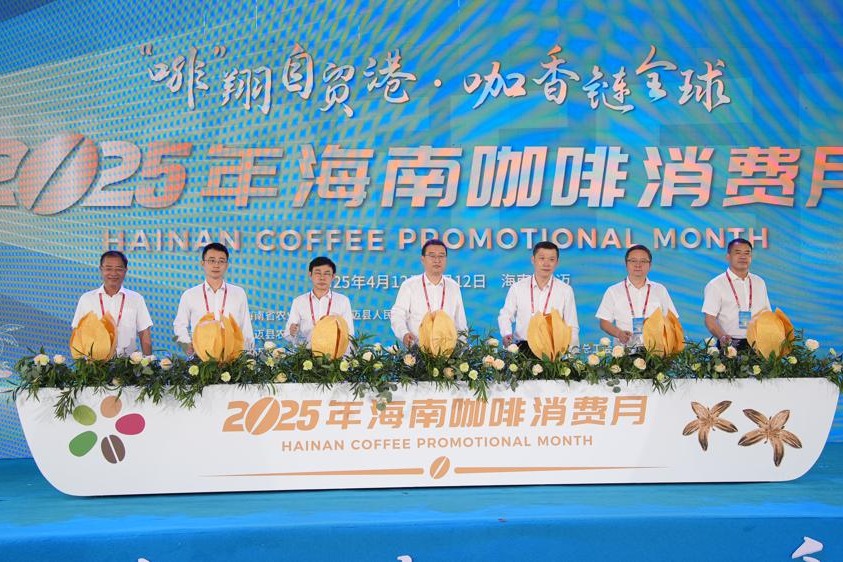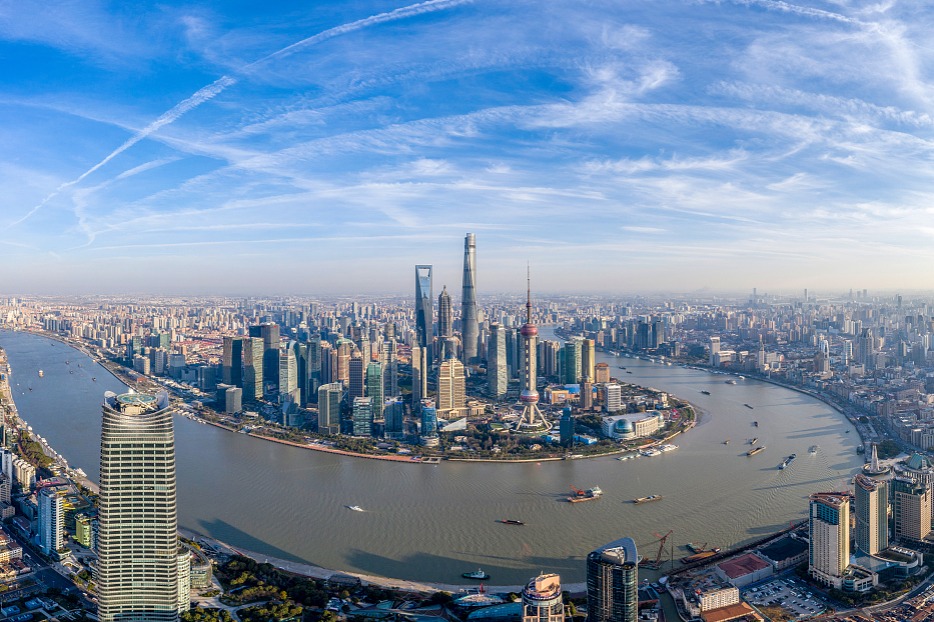Raising trade barriers would lead to lower global GDP: Australian expert


SYDNEY - Local economist Lee Davis is concerned about the United States' threat of imposing trade tariffs and about what this would mean for Australia and global economic growth.
Global economic growth appears to be on shaky ground after US President Donald Trump said Friday that he wanted to impose further trade tariffs on Chinese imports to the value of $100 billion.
"There's been a lot of advice given to the US They're just not listening to it," Davis, director at the Centre for International Economics (CIE) in Sydney, told Xinhua in an interview on Friday.
"If you actually want to stimulate the economy, reduce unemployment and grow GDP (gross domestic product), raising trade barriers is the last thing you want to do, because what trade barriers do is to increase costs, which doesn't help business," Davis said.
At the end of last year, Davis and the CIE handed down a report for the Australian Department of Foreign Affairs and Trade to inform policies and re-examine Australia's stance on trade liberalization.
"That economic analysis suggested that raising trade barriers leads to lower global GDP, including the countries raising the barriers," he said.
While the United States has historically championed free trade with other nations, it appears to have been moving toward more antagonistic, protectionist trade policies.
"It is a political move I would suggest, where he (Trump) can be seen to be proactively trying to protect American steel workers in the rust belt," Davis said.
"But the US hasn't thought through what their actions might lead to and how it's going to impact adversely on the US," he said. "It is a very short-sighted move, because ultimately you can't prop up inefficient industries forever."
Furthermore, when it comes to the Asia Pacific, Davis warned that countries like Australia, which aren't directly involved in the matter, are still likely to suffer price increases resulting from the flow-on effects of the trade conflict.
"If the cost of production in the US suddenly becomes more expensive, because steel from China is more expensive for example, it will mean American products will become more expensive. And if Australia uses those products, clearly Australia will be faced with a cost increase," he said.
"All countries that are trade-orientated in terms of lower tariff barriers typically are the more successful when it comes to GDP per capita," he added.
"China knows this. That's why they joined the WTO (World Trade Organization) back in 2001, and they have been cutting their tariffs ever since," he said.





































